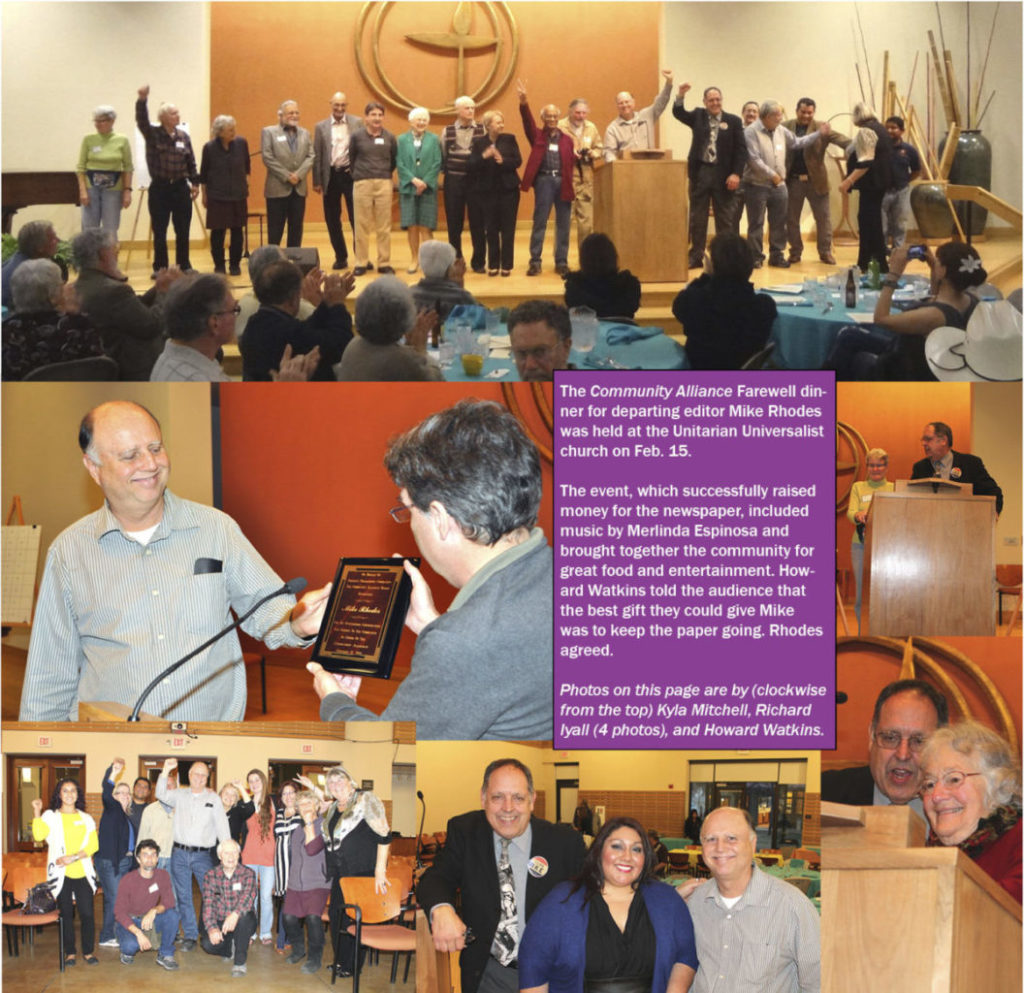

By Mike Rhodes
In May 2011, when a Fresno police officer shot Angelo Fernandez in the back, it grabbed my attention. Even in a city where numerous young men (mostly Latinos and African-Americans) are shot down on our streets by the police, this shooting stood out as particularly disturbing. Angelo was unarmed, he was running toward an open field, was shot down in broad daylight, and there were a dozen witnesses around.
I talked to three witnesses, each viewing the shooting from a different angle, and their stories all agreed about how this shooting took place. I talked to Robert who was with Angelo (his brother) when this happened. He told me that the police held him on the ground with a gun to his head. “You hear that (the gunshot), that is the sound of your partner being smoked,” said the officer with the gun. “He dared me to move so he could blow my brains out,” Robert said.
I visited Angelo in the Fresno County Jail and he told me that while he was on the ground, after being shot, Fresno Police Department (FPD) officers were kicking him in the head. I wanted to find out if the police could actually shoot an unarmed man in the back and get away with it, so I decided to follow this story until the end. This is what I found out.
Angelo was eventually released from jail and state prison from the evading arrest and parole violation charges, following the shooting. Within a week of his release, he was stopped and searched by the police as he walked down a street near his home. There was no apparent reason for being stopped and searched, but that is what happens if you are young, Latino and under the watchful eye of the police. There was nothing to hold Angelo on, so he was not detained.
Next, the District Attorney’s office prosecuted him for an alleged carjacking, throwing his two brothers on trial with gang enhancement charges for witness intimidation. The trial cleared his brothers of all charges and the jury did not find Angelo guilty of the carjacking (the original charge the FPD arrested him for, when he was shot). Even the alleged victim said Angelo didn’t do it. The DA insisted on another trial to convict Angelo. The DA’s office lost again. Before a third trial (on the same charges), Angelo pleaded no contest to an evading arrest charge. That plea bargain resulted in his being sent back to state prison, where he is today.
In the meantime, Angelo filed a lawsuit against the City of Fresno and FPD Officer Carl McKnight saying excessive force was used when he was shot in the back. Legal representatives for the city filed a motion to dismiss the case, to which Angelo’s attorney Douglas Foster responded:
He ran in a westerly direction through the parking lot of the R&N Market—parallel to the stores—toward his parents’ residence. As he ran, Defendant MCKNIGHT shot Plaintiff in the back once. Mr. FERNANDEZ ran a few more steps then fell to the ground in pain. He did not use any force or threaten to use force on any officer or any civilian at the scene. As Plaintiff was on the ground, injured and in need of immediate medical care, he was surrounded by officers who proceeded to physically assault and taunt him. Although emergency medical services arrived on the scene, Defendant MCKNIGHT prevented them from providing any medical care to plaintiff for approximately eleven minutes by claiming—falsely—that the scene was not secure.
On Jan. 31, 2014, Federal Judge Barbara A. McAuliffe, U.S. District Court, Eastern District of California, approved the city’s motion for summary judgment, effectively ending the excessive force case. Angelo could appeal the decision but would have to come up with tens of thousands of dollars to pay for the city’s legal expenses. The city has generously offered to drop its claim for legal expenses if Angelo does not appeal.
In the end, Judge McAuliffe decided that if Officer McKnight believed Angelo was armed and dangerous and had said that he would shoot it out with police, that is what is important. It does not matter that Angelo was unarmed and had never made a declaration about having a shootout with the police. What matters, according to the judge, is what Officer McKnight said he believed. No jury will ever hear this case.
My conclusion is that police officers know what they need to say following a shooting to avoid legal challenges in the courts. I also believe that there is a practice within some groups of the FPD to take the law into their own hands, which effectively amounts to extrajudicial executions, primarily of Latino and African-American gang members.
Is being the judge, jury and executioner a part of the culture within the FPD? I can’t help but think that it is; when I heard Police Chief Jerry Dyer at this year’s Martin Luther King Day march say he is “God’s minister of justice,” it all made sense in a disturbing sort of way.
